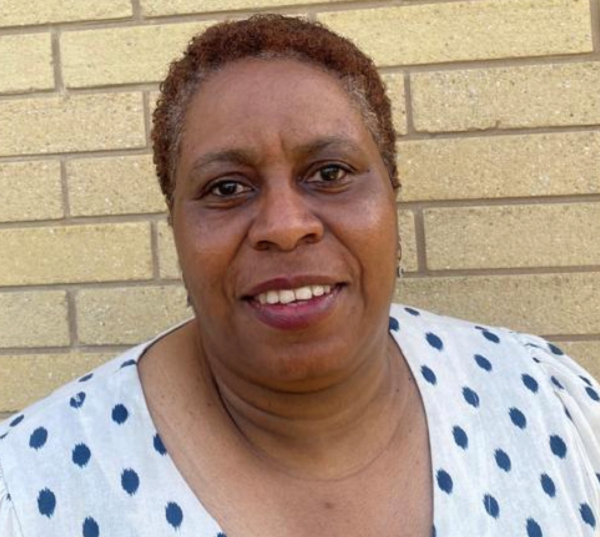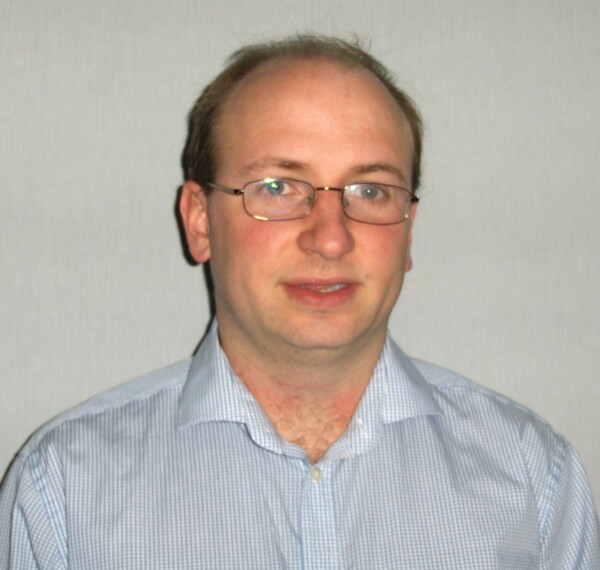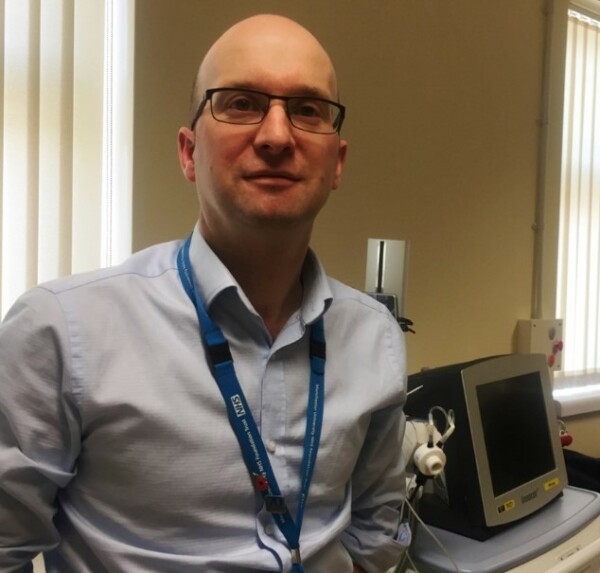Disturbed sleep may partially explain Long COVID breathlessness, find researchers
A major UK study has discovered that the disturbed sleep patterns in patients hospitalised with COVID-19 was likely to be a driver of breathlessness.
The study of patients in 38 institutions across the UK, including at Manchester University NHS Foundation Trust (MFT), was led by The Universities of Manchester and Leicester. The findings were presented at the European Congress of Clinical Microbiology and Infectious Diseases in Copenhagen and published in The Lancet Respiratory Medicine.
The team discovered that 62% of participants who had been admitted to hospital for COVID-19 had sleep disruption, which was likely to persist for at least 12 months, and highlight for the first time the association between two post-COVID condition symptoms: breathlessness and sleep disruption.
On average, participants who had been hospitalised with COVID-19 slept for over an hour longer, but their sleep patterns were less regular (19% decrease on the sleep regularity scale), than matched participants who were hospitalised due to any cause.
The study researchers also found that participants with sleep disturbance were more likely to have anxiety and muscle weakness, common post-COVID-19 condition symptoms.
Statistical analysis identified that sleep disruption was likely to drive breathlessness directly, but that reduced muscle function and increased anxiety, both recognised causes of breathlessness, could partially mediate the association between sleep disturbance and breathlessness.
The study authors speculate that targeting sleep disruption by reducing anxiety and improving muscle strength in these patients could alleviate breathlessness, but further investigation is needed.
The study used extensive data from the hospitals taking part in the PHOSP-COVID study between March 2020 and October 2021.
PHOSP-COVID is a consortium from across the UK, researching long-term health outcomes for patients hospitalised with COVID-19.
Clinicians, researchers, and patients from across Greater Manchester played an important role in the PHOSP-COVID study. MFT was the second highest recruiter in the country, running the study across several sites in the city region.
The study was funded by UK Research and Innovation, Asthma + Lung UK, National Institute for Health and Care Research (NIHR) and others.
Sleep quality was assessed using subjective measures that were self-reported by 638 patients to researchers.
It was also measured objectively in another 729 patients, who wore devices similar to smart watches that measured night-time activity levels.
Both measures consistently revealed a higher prevalence of sleep disturbance in people who had been hospitalised with COVID-19 compared with matched controls from the UK Biobank who had been hospitalised for any cause.
The impact on sleep from hospitalisation due to COVID-19 was irrespective of critical care admission.
Davine Forde, from Manchester, was diagnosed with Long COVID in October 2020 after contracting COVID-19 in February 2020.
Davine said: “This research is really important because so many individuals have disturbed sleep after experiencing COVID-19. It is essential that we do research into Long COVID because for millions of us, this dreaded disease has not gone away. We are still adjusting to life with breathlessness; the gasping for air leaves you with the anxiety of not knowing if your next breath will be your last.”


Senior author and study lead Dr John Blaikley, a clinical scientist at The University of Manchester, researcher within the NIHR Manchester Biomedical Research Centre (BRC) Respiratory Theme and Honorary Consultant in Respiratory Medicine at MFT, said: “This study has discovered that sleep disturbance could be an important driver of post-COVID-19 breathlessness – or dyspnoea – because of its associations with reduced muscle function and anxiety.
“If this is the case, then interventions targeting poor sleep quality might be used to manage symptoms and convalescence following COVID-19 hospitalisation, potentially improving patient outcomes.”
Professor Alex Horsley, Respiratory Consultant and Medical Director at NIHR Manchester Clinical Research Facility at Wythenshawe Hospital and researcher within the NIHR Manchester BRC Respiratory Theme, was part of the study team and led the PHOSP-COVID study at MFT. He said: “More than 300 patients from across Greater Manchester were recruited to the PHOSP-COVID study, thanks to the fantastic work of Research and Innovation colleagues across MFT.
“As the second highest recruiter nationally, we are pleased to have contributed significantly to PHOSP-COVID. The extensive data collected has enabled us to carry out this study, which enhances our understanding of post-COVID-19 breathlessness and sleep disruption.”

First author and mathematician Mr Callum Jackson from The University of Manchester said: “Understanding the causes of breathlessness is complex since it can arise from conditions that affect the respiratory, neurological, cardiovascular, and mental health systems.
“These same systems are also affected by sleep disturbance, another symptom that has been frequently reported after COVID-19.
“Our findings suggest that sleep disturbance is a common problem after hospitalisation for COVID-19 and is associated with breathlessness.
“We also show this is likely to persist for at least 12 months as subjective sleep quality did not change between five and 12-month follow-up visits.”
Professor Chris Brightling from the University of Leicester said: “The strengths of our study include its size, multicentre nature, and the use of different complementary assessment measures to evaluate sleep disturbance. Consistent clinical associations were also observed across each evaluation method.”
“Future research should now assess whether interventions targeting sleep disturbance can improve not only sleep quality but also breathlessness through reducing anxiety and improving muscle strength.”